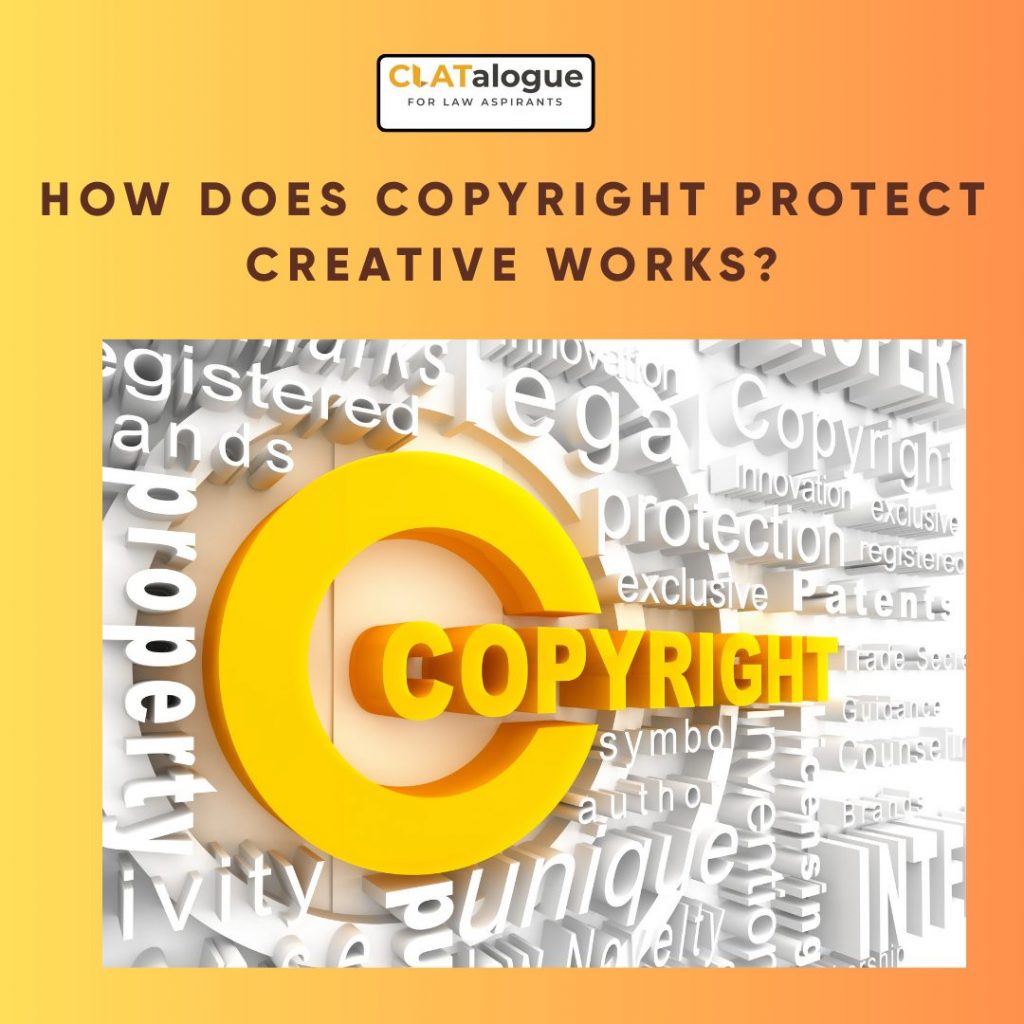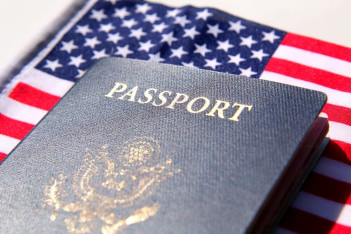Understanding Copyright Protection and Registration
Copyright protection is a fundamental aspect of intellectual property law that safeguards various forms of creative expression such as writing, art, music, and other original works. Once you create an original work and fix it in a tangible medium, your rights to that work are automatically protected by copyright law. This automatic protection means that your creative work is legally recognized as your property, and others cannot use it without your permission.
However, while automatic copyright protection exists from the moment of creation, registering your work with the United States Copyright Office significantly strengthens your legal rights. Registration creates an official public record of your copyright claim, which can be invaluable if you ever need to enforce your rights or prove ownership in a legal dispute.
The Importance of Registering Your Copyright
Registering your creative work with the U.S. Copyright Office provides you with several powerful legal advantages that extend beyond automatic protection:
- Enhanced Legal Standing: Registration establishes a public record of your ownership and provides prima facie evidence in court regarding the validity of the copyright and facts stated in the registration certificate.
- Ability to Sue for Infringement: You cannot file a lawsuit for copyright infringement without first registering your work. Registration is a prerequisite to enforce your rights legally.
- Eligibility for Statutory Damages and Attorney’s Fees: If you register your work before infringement occurs or within three months of publication, you may be entitled to statutory damages and attorney’s fees, which can be substantial and act as a deterrent to infringers.
What Does Copyright Protect?
Copyright law protects original works of authorship that are fixed in a tangible medium. The categories of works protected include but are not limited to:
- Literary works such as novels, poems, articles, and scripts;
- Musical works including compositions and lyrics;
- Dramatic works such as plays and choreography;
- Pictorial, graphic, and sculptural works such as paintings, drawings, photographs, and sculptures;
- Motion pictures and other audiovisual works;
- Sound recordings;
- Architectural works.
It is important to recognize that copyright does not protect ideas, concepts, or facts themselves but rather the original expression of those ideas fixed in a tangible form.
The Registration Process with the U.S. Copyright Office
Registering your copyright involves a systematic process that ensures your ownership rights are officially documented. The general steps of registration include:
- Preparation of Materials: Collect your work in the final, fixed form that you want to register. This could be a manuscript, artwork, recording, or another tangible medium.
- Filling Out the Application: Submit an application form through the U.S. Copyright Office’s online portal or by mail. The application typically requires details such as the title of the work, authorship, creation date, and publication status.
- Payment of Fees: Pay the required registration fee, which varies depending on the type of work and method of submission.
- Submitting a Copy of the Work: You must send a copy of the work being registered. This deposit copy helps verify your claim and is kept for government records.
- Receiving the Certificate: Once your application is processed and approved, you receive an official certificate of registration, confirming your copyright claim.
Providing Proof of Authorship and Creation Date
An essential element in the copyright registration process is demonstrating that you are the original author of the work and establishing when the work was created. This evidence can take many forms including:
- Drafts showing the development of the work;
- Digital files with metadata indicating creation dates;
- Witness statements or affidavits;
- Correspondence related to the work’s creation;
- Times-stamped publications or releases.
Having clear, verifiable proof of your authorship and creation date strengthens your legal standing if your rights are ever challenged.
Benefits of Protecting Your Intellectual Property
Protecting your intellectual property, especially through registering copyrights, offers several benefits that help preserve the value and integrity of your creative work. These benefits include:
- Recognition and Attribution: Ensures you receive proper acknowledgment as the creator and owner of the work.
- Control over Use: Grants the exclusive rights to reproduce, distribute, perform, display, or license your work according to your preferences.
- Prevention of Unauthorized Use: Legal protections discourage others from copying or exploiting your work without permission.
- Monetary Benefits: Enables you to monetize your work through licensing, sales, or other forms of distribution.
- Legacy Preservation: Helps preserve your creative legacy and ensures your work is respected and protected over time.
Understanding Fair Use and Its Limitations
While copyright grants the owner exclusive rights, the legal doctrine of fair use allows limited use of copyrighted material without permission under certain circumstances such as criticism, comment, news reporting, teaching, scholarship, and research. However, fair use is complex and balanced against several factors:
- Purpose and character of the use – whether it is commercial or educational;
- Nature of the copyrighted work;
- Amount and substantiality of the portion used;
- Effect of the use on the potential market value of the original work.
Understanding these factors is important because improper use of a copyrighted work can lead to infringement claims. Registering your work and knowing your rights provide a foundation to enforce proper use and address violations.
When to Seek Legal Assistance
Intellectual property law can be complicated and nuanced. If you encounter situations such as unauthorized use, infringement, or confusing licensing agreements, consulting with a qualified legal professional is highly advisable. Legal experts can help you:
- Properly register and document your works;
- Understand your rights and protections;
- Navigate infringement disputes and litigation;
- Draft licensing agreements and contracts;
- Develop strategies to maximize the commercial potential of your creations.
If you need professional legal help, please reach out through our communication channels listed in our bio, or send a private message to receive personalized advice tailored to your unique situation.
Protecting your creative works through copyright registration is a vital step in securing your intellectual property rights. It provides strong legal backing that helps prevent unauthorized use and supports your ability to benefit financially from your creations. Always ensure you keep thorough records and understand your rights under copyright law to safeguard your artistic, literary, or musical contributions. Seeking professional legal guidance can further enhance your protection and help you navigate the complexities of copyright enforcement.
Legal Consultant Marketplace is dedicated to providing comprehensive legal support and consultation for creators protecting their intellectual property rights in the United States and beyond. Our experienced team is ready to assist with copyright registration, infringement issues, and all matters related to intellectual property law.































